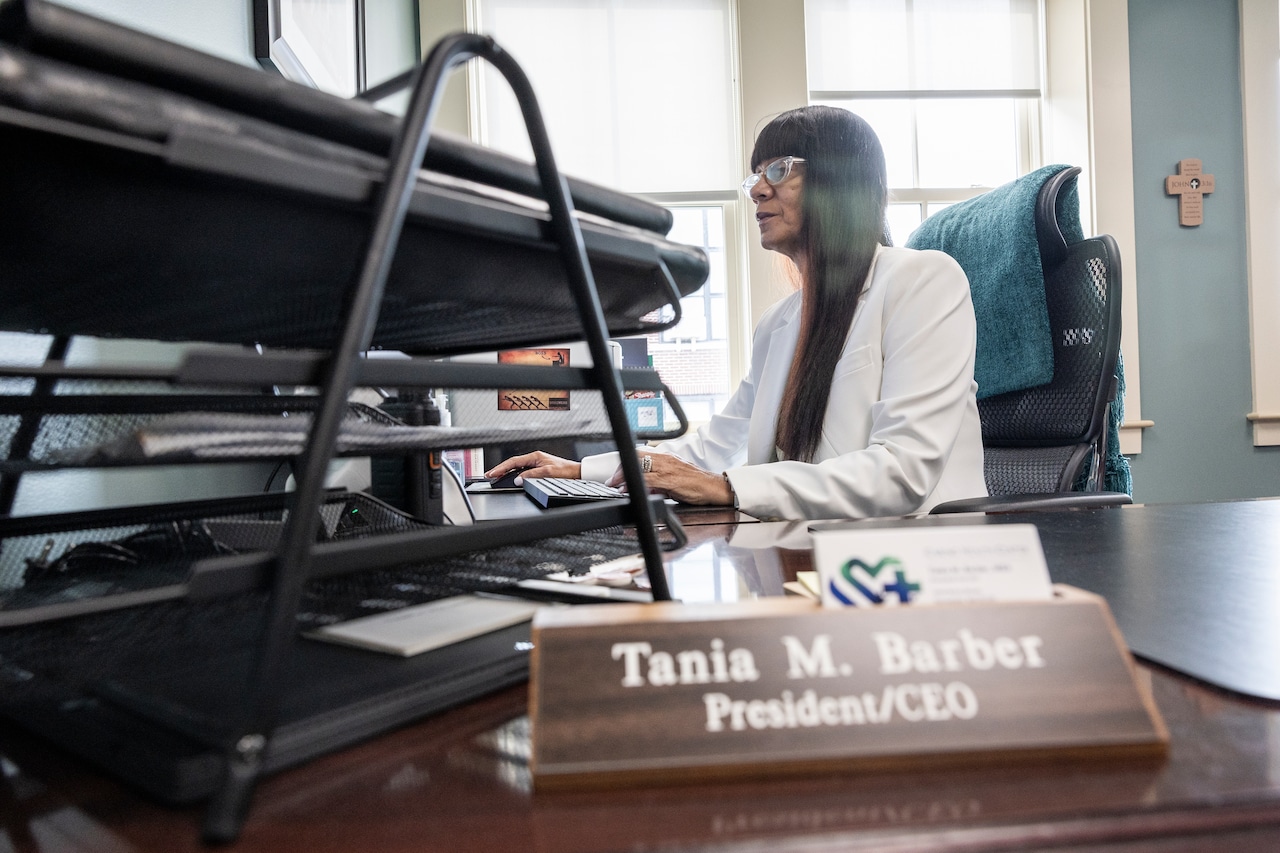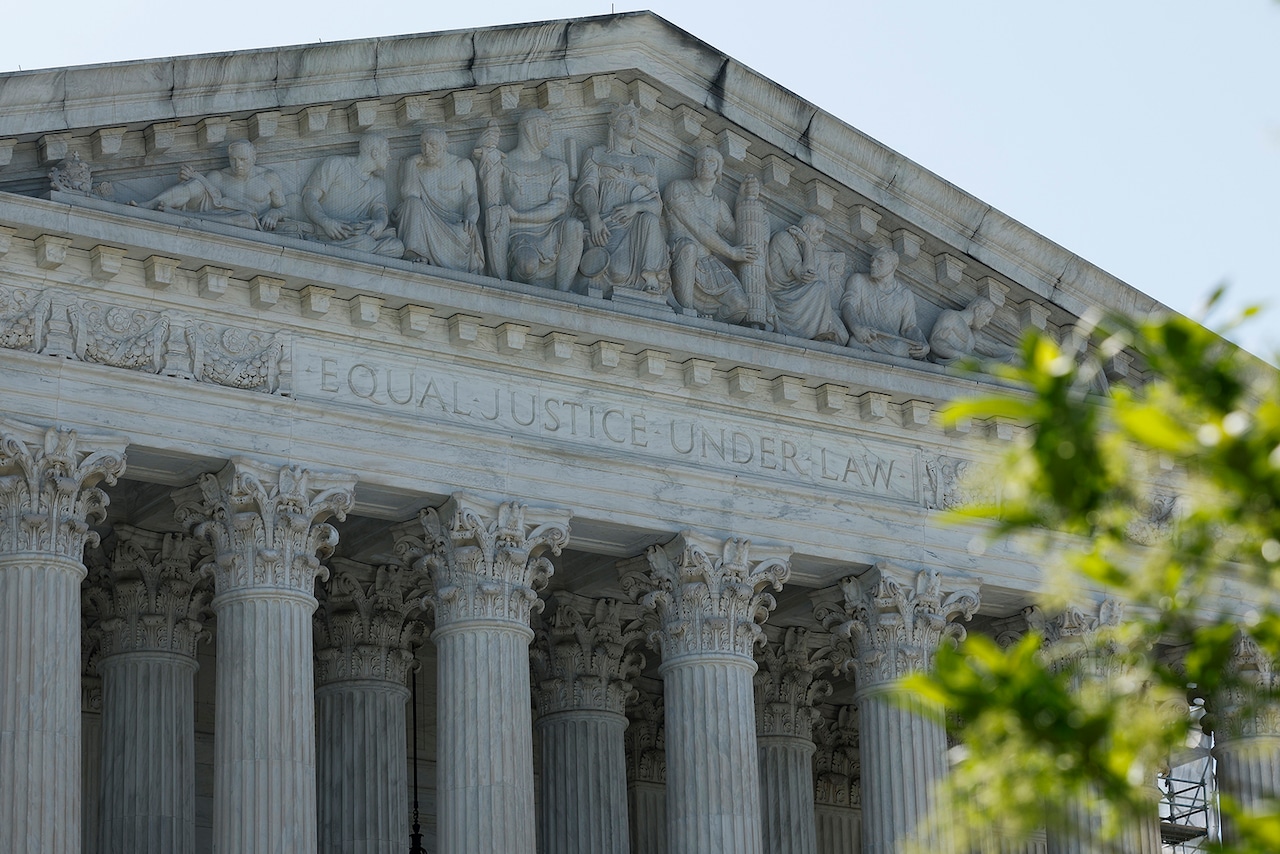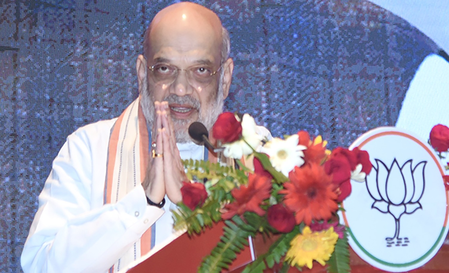Copyright MassLive

AMHERST — Public health experts say the impacts of the Big Beautiful Bill will be felt greatly in Western Massachusetts and across the state. At a forum Tuesday morning at the University of Massachusetts Amherst, state and local officials spoke about the demand for health care they’re seeing at hospitals and care centers, the lack of available providers — and how the health care system will only worsen as the Trump administration’s “Big Beautiful Bill” goes into effect. “Savings for the bill were found by making cuts to Medicaid,” said Kaitlyn Kenney Walsh, vice president of policy and research at the Blue Cross Blue Shield of Massachusetts Foundation. “The full impacts will not be felt until 2034.” Across the state, roughly 2 million people are at risk of losing MassHealth, the state’s near-universal insurance which covers children’s health care and Medicaid. Low-income people, seniors and people with disabilities all can qualify for MassHealth, which is jointly funded by the state and federal government. In Western Massachusetts, 42% of residents are recipients of MassHealth and 70% of those residents are in the Springfield area, said Walsh. Mike Levine, undersecretary for MassHealth, said health care costs are growing at a rate “we have not seen in a long time.” “We are seeing health care costs grow at a rate that far exceeds resources available to the state,” he said. Additionally, the slashing of these resources will result in more people losing access to comprehensive health care, he said. Tania Barber, president and CEO of Caring Health Center in Springfield, said her center has a 2,600-patient waitlist. “When you can’t get access to the care you need because the providers aren’t available, people stop seeking care,” she said. Barber, whose organization recently celebrated 30 years, said the federal administration’s moves to eliminate health care for millions of Americans “feels like a step back from what we’ve achieved in making sure people have access to care.” As a result, “people are going to get sicker,” she said. Ilana Steinhauer, executive director of Volunteers in Medicine in the Berkshires, said Massachusetts, known for its health care system, can offer insight to providers in rural and urban areas across the state about how to offer innovative health care. Volunteers in Medicine, an organization that is privately funded and offers comprehensive care, has a $2.6 million budget. It allows for volunteers to provide care to patients. Avoided emergency room costs make up $1.4 million per year, she said. “Thinking about these volunteer models, they do work,” she said. “Disruptions to the system need to be made.”



